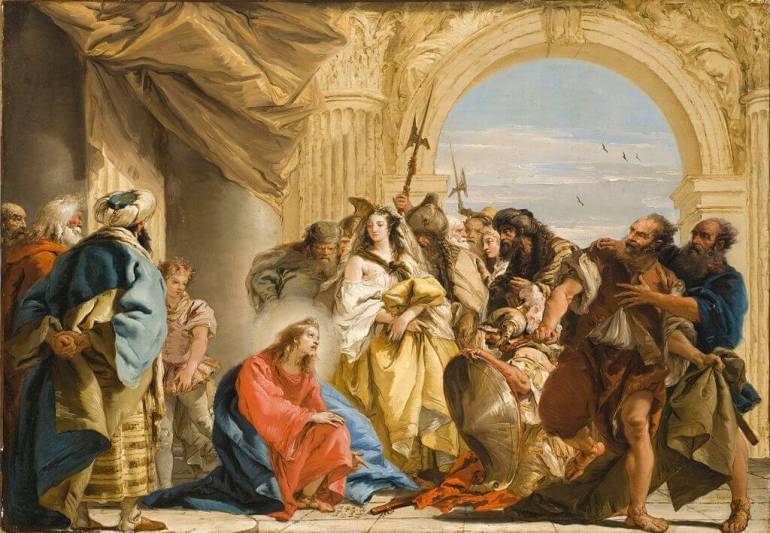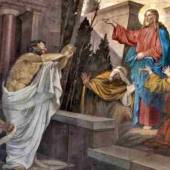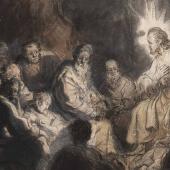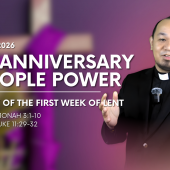God has His ways of protecting the innocent!

March 18, Monday of the Fifth Week of Lent
Memorial of Saint Cyril of Jerusalem, bishop and doctor of the Church
Daily Readings: Daniel 13:1-9, 15-17, 19-30, 33-62; John 8:1-11
The first reading from the Book of Prophet Daniel is a sad story about how beauty leads to lust, and how even old and learned people can become perverts and abuse authority and the law. This incident takes place in Babylon. The lawgivers themselves break the law because of lust. Both Susanna and the elders cry out in a loud voice against each other.
The cry of Susanna is an innocent plea to God to save her, while the elders’ cry is full of evil intent and maliciousness. Susanna places her heart and confidence in the Lord, while the evil men trust in their crooked intelligence. Susanna’s prayer reveals that she is aware that nothing is hidden from God. Yes! The Lord knows, and as a result, He raises the Holy Spirit in a young boy named Daniel. This young prophet makes people aware that beauty can deceive humans and lust can pervert them.
The scribes and the Pharisees in today's Gospel reading demonstrate their dishonesty by bringing a woman caught in adultery as if this act involved only her and not the man involved. They consider themselves moral policemen. By pointing out the sins of others, these great men hide all their sins and faults, pointing out others' faults. They plan to compel Jesus to take a stand on this issue.
Whatever Jesus’ viewpoint is, they will find fault with him and trap him. Fighting fire with fire, or removing a thorn with another thorn, is a common approach. Thus Jesus invites the one “who is without sin to be first to throw a stone at her” (v. 7). That saved the day for both Jesus and the woman. Why would Jesus condemn her while he has come to save sinners?
Call to Action for Catholic Living: Do I tend to find fault with others?
Radio Veritas Asia (RVA), a media platform of the Catholic Church, aims to share Christ. RVA started in 1969 as a continental Catholic radio station to serve Asian countries in their respective local language, thus earning the tag “the Voice of Asian Christianity.” Responding to the emerging context, RVA embraced media platforms to connect with the global Asian audience via its 21 language websites and various social media platforms.














